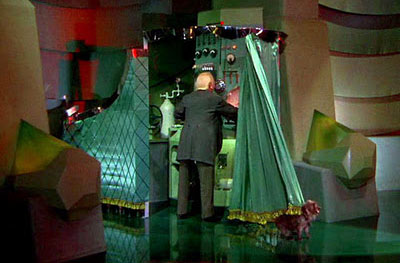 David Brooks says Republicans should agree to a small deal that gives in a bit on taxes in return for a few modest spending cuts. However, it would come with a condition:
David Brooks says Republicans should agree to a small deal that gives in a bit on taxes in return for a few modest spending cuts. However, it would come with a condition:
That on March 15, 2013, both parties would introduce leader-endorsed tax and entitlement reform bills in Congress that would bring the debt down to 60 percent of G.D.P. by 2024 and 40 percent by 2037, as scored by the Congressional Budget Office. Those bills would work their way through the normal legislative process, as the Constitution intended. If a Grand Bargain is not reached by Dec. 15, 2013, then there would be automatic defense and entitlement cuts and automatic tax increases.
I’m pretty sure I don’t understand this. But if I do understand it, Brooks is saying that Democrats and Republicans should agree on a plan (automatic defense and entitlement cuts and automatic tax increases) and then start work on a pair of alternate plans (leader-endorsed tax and entitlement reform bills). If the alternate plans fizzle out, the first plan will go into effect.
But….this still means that Democrats and Republicans have to agree on the first plan, the one that will go into effect if the alternate doesn’t pan out. And right now, that’s what they’re doing: trying to agree on a plan. It won’t suddenly get easier to do that just because they agree to maybe replace it someday with an alternate plan, something that Congress can do any time it wishes anyway.
There’s no magic here. Agreeing on a plan is hard. There are no cute psychological ploys or Jedi mind tricks that will make it any easier.

















